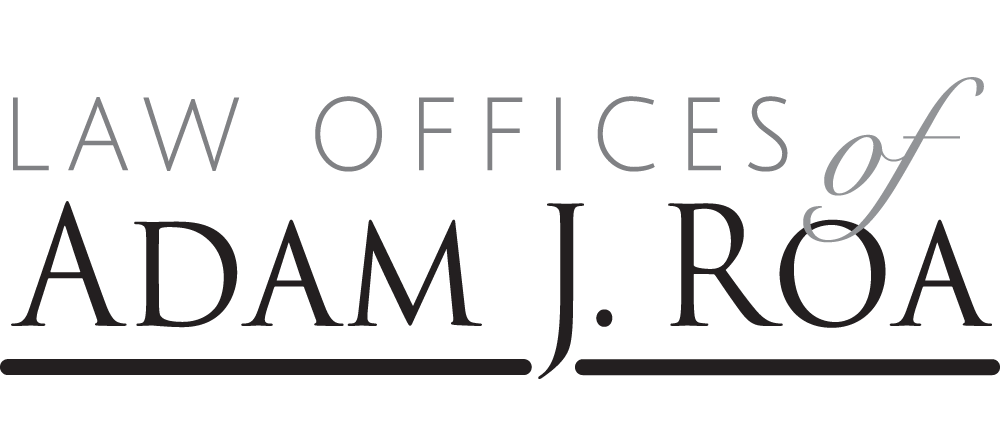Can a Person with a Disability Sign a Last Will and Testament?
Having a person with a disability sign a last will and testament is a tricky area of the law. The Court determines whether a person’s signature is valid. If someone signs a last will and testament, and there are two witness signatures, is that enough? There are various ways to attack the validity of a last will and testament. The two most common ways are if the person was “not competent” or subject to undue influence. But, what if the person who signs the last will and testament has a disability? Can this be a valid signature?
Proving Disability
Determining validity for a signature by a person with a disability focuses on the person’s ability to make reasonable decisions. More specifically, you are looking to prove that the person did not understand the property that he owned and how he intends to dispose of it. The issue of incompetency surely can be proven through expert opinion by a physician reviewing medical records and eye witness testimony. However, some of the most potent evidence can be eye witness testimony of the person’s behavior around the time the document was signed.
What if the Circuit Court Deemed a Person Disabled in a Guardianship Case?
For a person who is already deemed disabled, one of the issues is who deemed them disabled. Let’s assume that the person was deemed disabled by the Circuit Court in a guardianship proceeding. And let’s assume this is for guardianship of the property, where the standard is that the person needs a guardian because of a disability such that they cannot effectively manage their assets.
The standard for the appointment of a guardian is different from that of incompetency. In fact, there is a Maryland statute that expressly states this. However, the lines between a disability determination for guardianship purposes and incompetency are blurred (especially if the disability is dementia centered).
In order for the Circuit Court to determine disability in a guardianship case, two certificates need to be submitted. The newer certificates have a section where the physician states whether the disabled person understands legal documents and/or can sign them. This answer can certainly be used as evidence that a signature by the person with a disability is invalid.
But what happens if the person with a disability signed before the guardianship certificates were made? Then this issue becomes more nuanced and complicated.
The bottom line: Can a person with a disability validly sign a last will and testament? Maybe. But it is a complicated matter.

